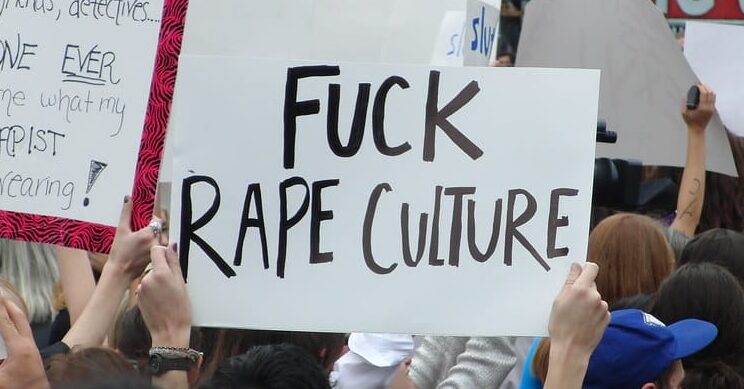

A report published by the public awareness campaign Everyone’s Invited has shed a light on an
issue which has been ignored for years; the sexual assault and sexualisation of highschool students. In June 2020, Soma Sara set up Everyone’s Invited, a website that anonymously publishes school students’ testimonies of sexual harassment and assault. By early March this year, it had detailed over 5,000 young people’s traumatic experiences and by the beginning June this had grown to over 50,000.
These testimonies have been made by students from both private and state schools. However, the number of reports from private schools compared to state schools is disproportionately high. 8 times more private schools have been mentioned than state schools, causing outrage amongst parents. The response of some of the schools to the Everyone’s Invited allegations reveals the nature and scale of the problem. All of the schools that have responded to the report have said very similar things; essentially, that because the testimonies are anonymous it makes it difficult for the school to take any action. Richard Langton, headmaster at Queen Mary’s Grammar School, said that because the allegations are anonymous and non-specific they “make it very difficult to substantiate any events and follow them up”. He added: “The school is therefore in a difficult position by being named on there.”
This response highlights that the number one concern of these schools is how this report could damage their reputations. They’re acting as if the only action they could possibly take is to punish the perpetrator, which is impossible as the allegations are anonymous. This response shows that the schools want to deal with issues of sexual violence on an individual basis rather than an institutional one. In treating such events as isolated incidents, the schools are neglecting their responsibilities to safeguard victims and educate students on these difficult issues.
The culture of victim blaming that all women experience throughout their lives starts at school.
Many girls will have endured the humiliating experience of being pulled up in front of their form or year to be told their skirt is too short or having to kneel on the floor and have it measured to make sure it’s an “appropriate length” – an arbitrary requirement set by the school. This sort of heavy-handed approach to something as minor as girls’ skirt length is justified on the basis that short shirts are “distracting” to male students and teachers. Aside from the disturbing normalisation of the idea that it’s okay for a male teacher to be distracted by the skirt of a child in their care, these humiliating experiences further enforce the narrative that girls are responsible for the sexual violence inflicted upon them. Meanwhile, girls who have reported sexual harassment, unwanted advances or sexualised jokes are often told that boys will be boys and that they are responsible for leading them on.
Given the prevalence of victim-blaming, is it any wonder that students have reported incidents anonymously rather than tell their schools? And given the failure of schools to recognise and address institutionalised rape culture and the fact their policies, such as school uniform rules, often contribute to the problem, is it no wonder such incidents are so prolific. And the attitudes and behaviour boys learn at school, if unchallenged, follow them through life. There is an epidemic of rape in the UK, with a recent study showing that over half of UK adult women have been raped by a partner whilst asleep.
If we hope to tackle this crisis the first step is to get away from the prudish attitudes towards sex and sexual violence that pervades the education system – we must end the culture of victim blaming and schools must instead take steps to properly educate male students around issues of sexual assault and harassment, including the all-too-common incidents of “upskirting” and sharing of nude photographs without consent.
In recent months, a number of schools have seen students walk-out in protest against rape culture. These acts of solidarity breaks the culture of silence and shame that surrounds sexual assault, a culture perpetrators rely on. Women students must have the right to caucus on campus to discuss their experiences and agree demands to present to the school management, from demands for consent to be central to sex education to changes to school policy for dealing with incidents of harassment and assault.